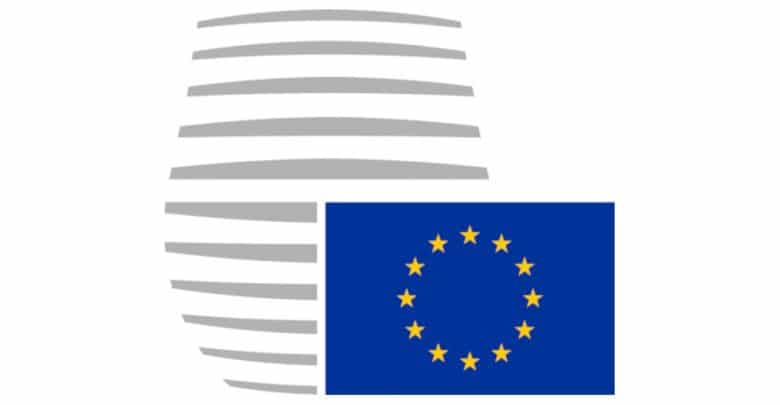
The planned amendment of the EU copyright has been on the minds of the member states since 2016. In politics, however, the ancillary copyright law and the upload filters in particular are controversial points, especially among network activists, where no compromise has yet been found that could satisfy all parties. Now the EU Council, which actually wanted to determine its position on the new copyright directives recently, has surprisingly cancelled both points for the time being.
The actually happy news was unfortunately not caused by a sudden change of opinion among the EU Council members, but only by the fact that the EU member states could not find a common negotiating position. The negotiations planned for Monday with the European Parliament cannot take place for this reason, because the representatives of the EU Council simply lack a common position which they could represent vis-à-vis the European Parliament. Also jointly responsible for this are the Europe-wide protests that took place in the run-up to the event, which were directed primarily against Article 11 (upload filter) and Article 13 (ancillary copyright).
Julia Reda, representative of the Pirate Party in the European Parliament, stated on her personal internet presence that 11 member states do not want to accept the compromise proposal of the Romanian Council Presidency. In addition to Germany, Belgium, the Netherlands, Finland, Slovenia, Italy, Poland, Sweden, Croatia, Luxembourg and Portugal also voted against the compromise proposal.
Publishers who were originally in favour of the introduction of an ancillary copyright based on the German model have also partly changed their minds in the meantime and are against an ancillary copyright. This is probably also due to the fact that Google, one of the most important visitor sources, demonstrated what effects the introductions could have on the search engine and thus indirectly on the offerings of the publishers. The desired additional income from fee-based licenses, which offers such as Google News would have to acquire when introducing an ancillary copyright law, cannot in all probability offset the loss of income due to the lower number of visitors, as the large publishing houses in Germany have already noticed.
However, the introduction of the copyright reform has not yet been finally stopped by the disagreement in the EU Council. However, a decision is not expected until after the upcoming EU elections in May. Since the current compromise makes neither opponents nor supporters of the new directives happy, further rounds of negotiations are necessary, which, as experience has shown, could quickly take several months.



